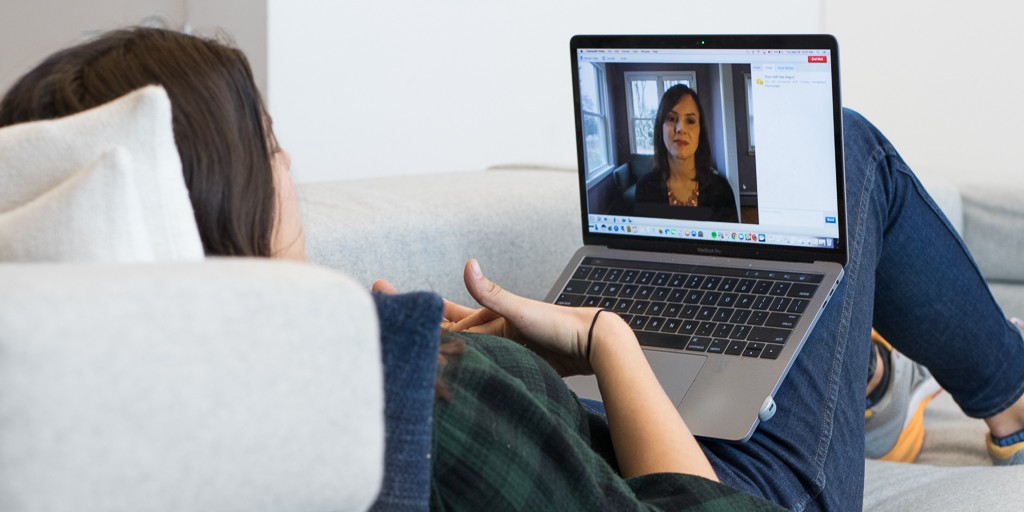The use of computerized cognitive behavioral therapy (CBT) for the treatment of health anxiety may be as efficient as the traditional face-to-face intervention, a new study found.
According to researchers at Karolinska Institutet, the findings, released in JAMA Psychiatry, are a first of its kind in thoroughly testing whether the online-based therapy intervention could be as efficient as traditional means.
Health anxiety can be referred to as hypochondria among frequent worriers of having a serious, yet undiagnosed medical condition. The term cyberchondria could also be used when involving the same form of somatic-like illness but through the use of cybernetic communications.
In the study, researchers tested just how comparable computerized CBT is to conventional means.
“This randomized noninferiority clinical trial with health economic analysis was based at a primary care clinic and included patients with a principal diagnosis of health anxiety who were self-referred or referred from routine care,” the study’s co-authors explained.
“Analyses were conducted from intention-to-treat and per-protocol (completers only) perspectives, using the noninferiority margin of 2.25 points on the Health Anxiety Inventory, which has a theoretical range of 0 to 54.”
The participants, which involved 102 online-based CBT patients and another 102 who received the face-to-face intervention, were recruited over a span of a few years and follow-up data was gathered within 12 months after treatment intervention.
Each participant spent nearly 10 minutes with the therapist in the computerized CBT sessions per week, while face-to-face sessions lasted around 45 minutes.
As highlighted in their findings, researchers found that computerized CBT was as effectual as a face-to-face intervention for health anxiety, becoming a better economic option too.
“The study is unique in that it is the first direct comparison of face-to-face CBT and Internet-delivered CBT for health anxiety,” said Erik Hedman-Lagerlöf, co-author of the study.
“The results show that a treatment delivered exclusively online is sufficient to achieve tough and required behavioral changes. This is especially relevant now when the coronavirus pandemic limits our opportunities for physical meetings, while the fear of being affected by a severe health condition is discussed more frequently,” he concluded.


